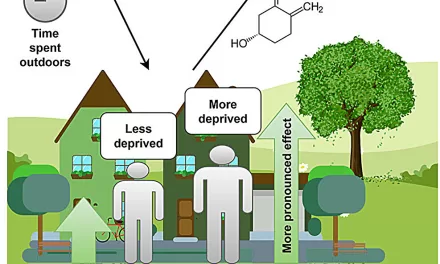
A comprehensive study conducted by Novo Nordisk on its obesity drug, semaglutide (marketed as Wegovy), has revealed a significant 20% reduction in the risk of major adverse cardiovascular events (MACE) among adults with established cardiovascular disease (CVD) and overweight or obesity but without diabetes. The findings, based on a participant pool of 17,604 adults from 41 countries, aged 45 or older, with preexisting CVD and a body-mass index (BMI) of 27 or greater, demonstrated consistent risk reductions across various demographics.
The results highlighted a 28% decrease in the risk of non-fatal myocardial infarction or heart attack, a 15% reduction in cardiovascular death risk, and a 7% decrease in the risk of non-fatal stroke compared to the placebo group. Semaglutide, administered as a once-weekly injection for weight loss, exhibited additional benefits in lowering blood pressure, cholesterol, and blood sugar levels.
Presented at the American Heart Association annual Scientific Sessions and concurrently published in the New England Journal of Medicine, the study showcased semaglutide’s potential to improve cardiovascular outcomes in individuals with a BMI of 27 or above and established CVD, without diabetes. Dr. Michael Lincoff, the lead researcher, emphasized the three-point MACE risk reduction as a promising development in obesity treatment, addressing key contributors to preventable deaths globally.
Furthermore, the study revealed an 18% reduction in the risk of composite heart failure events and a 19% decrease in the risk of death from any cause compared to the placebo group. Novo Nordisk is seeking FDA approval to include heart benefits on Wegovy’s label, akin to the labeling for Ozempic, another drug manufactured by the company. This research signifies a significant stride in combating obesity-related cardiovascular risks, a leading cause of disability and death worldwide.











